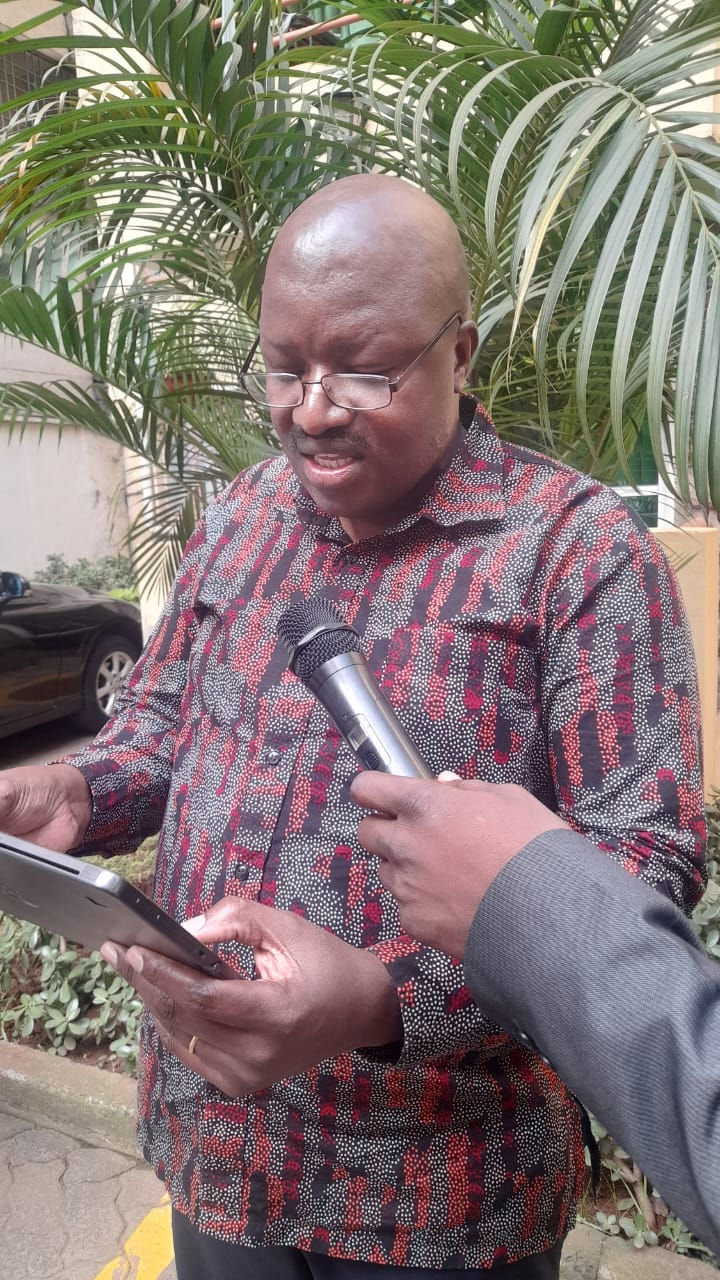The High Court of Kenya is about to become the stage for one of the most explosive human rights battles in recent memory. On Monday, five Kenyans, armed with thick files of testimonies, photographs, and casualty lists, walked into the Milimani Law Courts to demand an end to what they call a year-long reign of state terror.
The petitioners, members of the Justice and Equity Council, are not politicians or celebrities. They are ordinary citizens, Sebastian Ochieng Onyango, Janet Mbithe Wambua, Job Omondi, Macharia Mbugua, and Michael Okuto, who say they’ve seen enough blood on Kenya’s streets to last a lifetime. Through their lawyers at Kebris Law Advocates LLP, they have taken on the country’s most powerful security figures: the Inspector General of Police, two Deputy Inspectors General, the Director of Criminal Investigations, the National Police Service Commission, and the Attorney General.
Their petition, now before the court, accuses the police of waging a silent war on the public between June 2024 and June 2025, a campaign marked by more than 80 killings, including those of minors, over 80 enforced disappearances, 1,376 arbitrary arrests, and more than 1,000 injuries. The numbers are chilling, but the names hit harder: 17-year-old Dan Kakai, shot dead during the anti-finance bill protests; Rex Maasai, whose death sparked nationwide outrage; and, most recently, Albert Omondi Ojwang, a blogger, teacher, and voice for his community, silenced forever.
“This is not just about the victims already lost,” the petitioners declared outside the courthouse. “It is about safeguarding the future of every Kenyan’s constitutional freedom before it is too late. We refuse to let fear replace freedom, political expediency replace accountability, or the police be used as tools against transparency and governance.”
In their filing, they accuse the country’s top cops of flouting the Constitution, failing to investigate or punish abuses, shielding rogue officers from oversight, defying court orders that police be identified during operations, and lying to the public about protest deaths. They want the court to strip the respondents of public office, suspend and investigate officers implicated in killings and disappearances, force cooperation with watchdogs like IPOA and KNCHR, and order deep structural reforms to ensure such abuses never happen again.
The petition reads like an indictment of the very institutions meant to protect citizens. The Justice and Equity Council warns that the Constitution’s guarantees, the right to life, liberty, and peaceful assembly, are not privileges to be rationed out by the state, but binding obligations. “We put all state officials on notice,” their statement continues. “Stop mismanaging your powers. Get on with the job of ensuring the executive operates within the law.”
The case has already attracted the interest of leading governance and human rights organizations, who are watching closely. A hearing date is expected soon, and if the court rules in favour of the petitioners, it could shake the foundations of Kenya’s security establishment and send a message that no badge, no title, and no office is above the Constitution.



